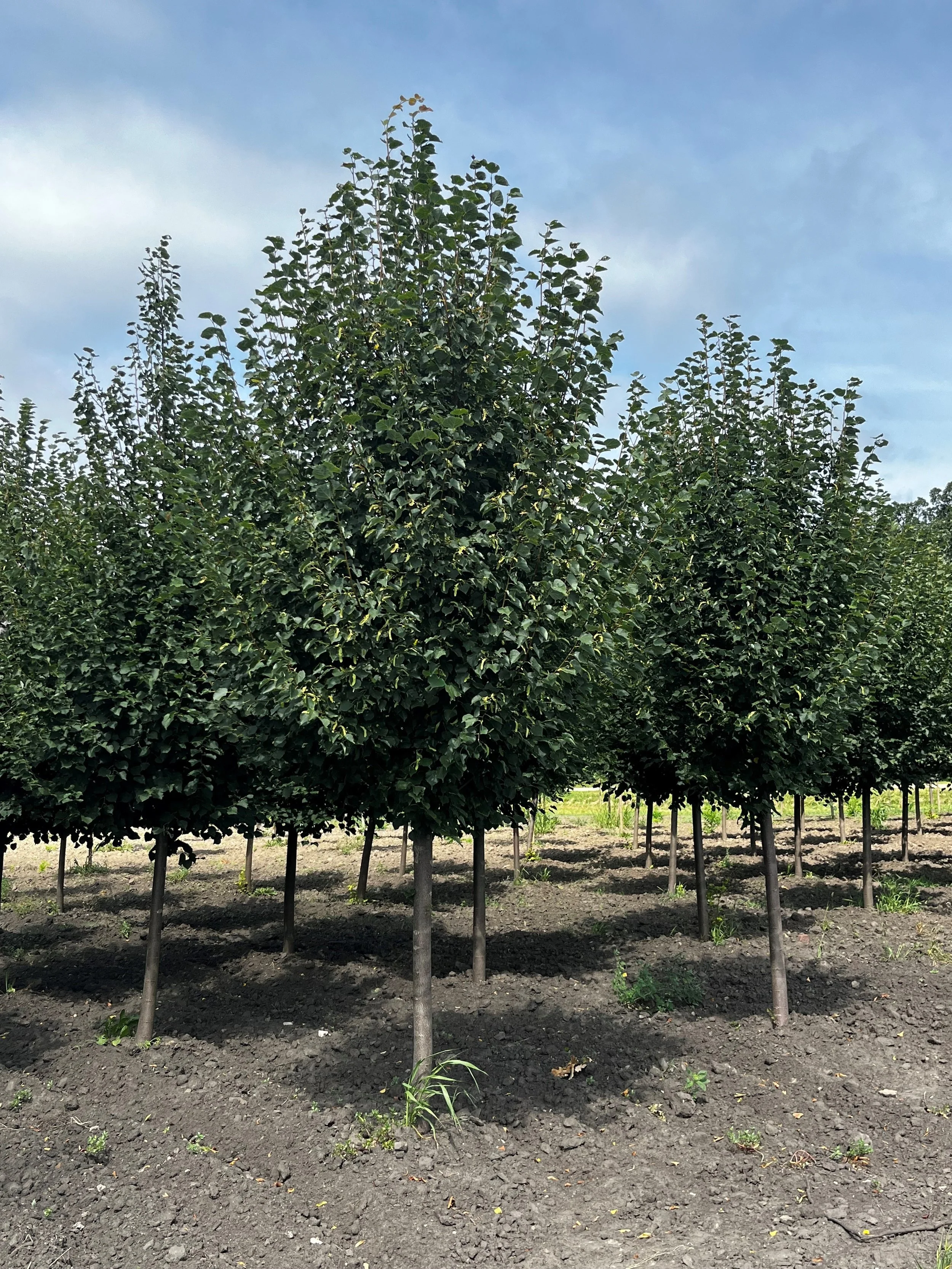Landscape Architect VS Designer - What’s the Difference?
Understanding the Distinctions: Landscape Architect vs. Landscape Designer
When it comes to creating outdoor spaces that are functional, aesthetically pleasing, and harmonious with the environment, both landscape architects and landscape designers play important roles. However, there are distinct differences between the two professions. In this blog post, we will explore the disparities between landscape architects and landscape designers to help you understand their unique contributions in the field of landscape design.
Landscape Architects: Landscape architects are professionals who have completed a degree program in landscape architecture and must be licensed/registered. They undergo extensive education and training to acquire a deep understanding of landscape design principles, environmental systems, horticulture, and site engineering. Here are some key points that differentiate landscape architects:
Education and Expertise: Landscape architects typically have a formal education in landscape architecture, usually at the bachelor's or master's degree level. Their coursework covers a wide range of topics, including site analysis, design theory, plant materials, grading, drainage, and construction techniques. This comprehensive education equips them with a strong foundation in various aspects of landscape design.
Licensure and Regulation: Landscape architects are required to obtain licensure in most jurisdictions. Licensure ensures that they meet certain professional standards, including passing a licensing examination and accumulating a specified amount of professional experience. This regulation helps protect the public and ensures that landscape architects have the necessary qualifications to practice independently.
Complex Design Projects: Landscape architects often work on larger, more complex projects that require extensive planning, site analysis, and collaboration with other professionals, such as architects and engineers. They are skilled at conceptualizing and designing outdoor spaces that integrate various elements like landforms, structures, water features, vegetation, and hardscape materials.
Landscape Designers: Landscape designers, on the other hand, focus on the aesthetics and functionality of outdoor spaces. They may not have the same level of formal education and licensure requirements as landscape architects, but they possess valuable skills in creating visually appealing and functional designs. Here are some distinguishing factors of landscape designers:
Design Focus: Landscape designers concentrate on the design aspects of outdoor spaces, such as selecting and arranging plants, choosing materials, creating color schemes, and considering the overall visual appeal. Their primary goal is to create beautiful, cohesive, and functional landscapes that meet the clients' preferences and needs.
Plant Selection and Garden Design: Landscape designers excel at selecting appropriate plant species, understanding their growth requirements, and designing gardens that showcase the beauty of plants. They have a deep knowledge of horticulture and can create stunning plant arrangements, incorporating textures, colors, and seasonal interest.
Residential and Small-Scale Projects: Landscape designers commonly work on residential and smaller-scale projects, including private gardens, small parks, and urban spaces. They often collaborate directly with homeowners and focus on creating personalized outdoor environments that reflect the clients' lifestyles and preferences.
While landscape architects and landscape designers both contribute to the field of landscape design, their roles and expertise differ in several aspects. By recognizing the distinctions between these two professions, you can better understand the range of expertise available in the landscape design industry and make informed decisions when seeking professional assistance for your outdoor projects.










